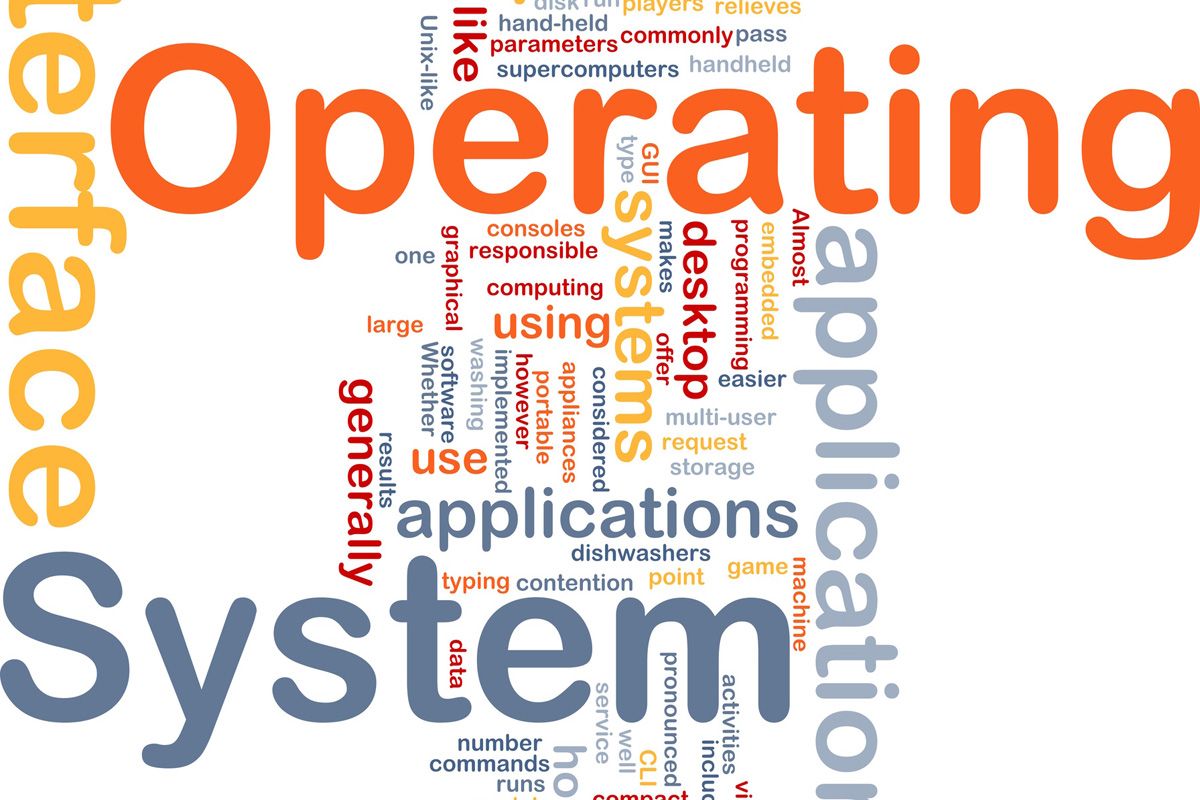Originally posted by RealNC
View Post

This has never happened on any OpenSolaris install I have made, and I've made a few. That's very strange.
Did you install Solaris Express or Solaris 10 by mistake or something?


 They wanted to cheat us or something?
They wanted to cheat us or something?
Leave a comment: